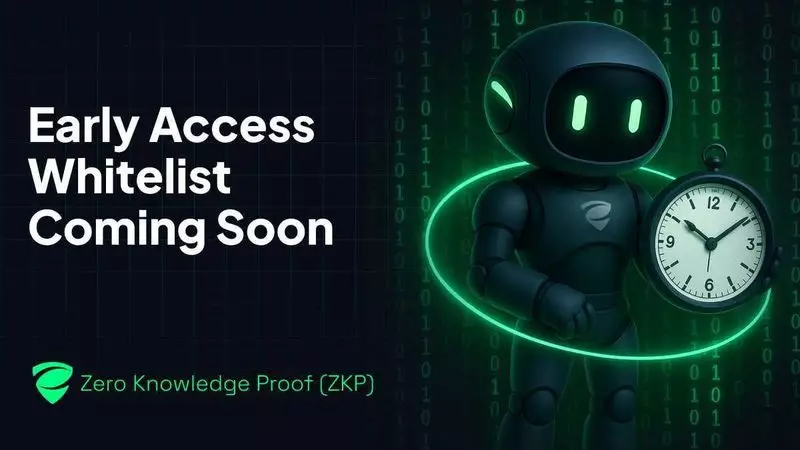
In the rapidly evolving digital landscape of India, a revolutionary technology is quietly reshaping how we think about privacy and security online. Zero-Knowledge Proof, or ZKP, represents far more than just another blockchain buzzword—it's becoming the bedrock of trustworthy digital interactions in our increasingly connected nation.
The Privacy Paradox in Digital India
As India accelerates its digital transformation with initiatives like Digital India and Aadhaar, the tension between convenience and privacy becomes increasingly apparent. Traditional systems often force us to reveal more personal information than necessary, creating security vulnerabilities and privacy concerns that affect millions of citizens.
What Exactly Is Zero-Knowledge Proof?
Imagine being able to prove you're over 18 without revealing your birth date, or verifying your income for a loan application without disclosing your salary details. This is the magic of ZKP technology—it allows one party to prove to another that a statement is true without revealing any additional information beyond the validity of the statement itself.
Why ZKP Matters for India's Digital Future
The implications for India are profound. Consider these transformative applications:
- Financial Inclusion: ZKP can enable secure banking for underserved communities without compromising personal data
- Digital Identity: Enhanced Aadhaar verification that protects citizen privacy while maintaining security
- Healthcare: Medical record sharing between hospitals without exposing sensitive patient information
- Government Services: Transparent benefit distribution with reduced fraud and enhanced privacy
Beyond Cryptocurrency: ZKP's Broader Impact
While ZKP technology gained initial fame through cryptocurrencies like Zcash, its potential extends far beyond digital currencies. Indian startups and established tech companies are exploring ZKP applications in supply chain management, voting systems, and secure data sharing across multiple sectors.
The Road Ahead for ZKP in India
Despite its promise, ZKP faces challenges in mainstream adoption. Computational intensity, user education, and regulatory frameworks need development. However, with India's strong IT talent pool and growing focus on digital sovereignty, the country is uniquely positioned to lead in ZKP implementation.
The bottom line: Zero-Knowledge Proof isn't just another technology trend—it's a fundamental shift toward a more private, secure digital India. As we build the next generation of digital infrastructure, ZKP promises to be the invisible guardian of our digital rights and privacy.





